Secret Level sees the duo combining their past talents in the world of TV with Blur's extensive video game history to adapt some of the most iconic franchises for the screen in an anthology format. The first season of the show will consist of 15 episodes of varying lengths adapting FromSoftware's Armored Core, Sony's Concord, Smilegate's Crossfire, Wizards of the Coast's Dungeons & Dragons, Archetype's Exodus, TiMi's Honor of Kings, Capcom's Mega Man, Amazon Games' New World: Aeternum, Bandai Namco's Pac-Man, Sloclap's Sifu, Mossmouth, LLC's Spelunky, Obsidian's The Outer Worlds, Epic's Unreal Tournament, Warhammer 40,000: Space Marine 2 and multiple PlayStation characters.
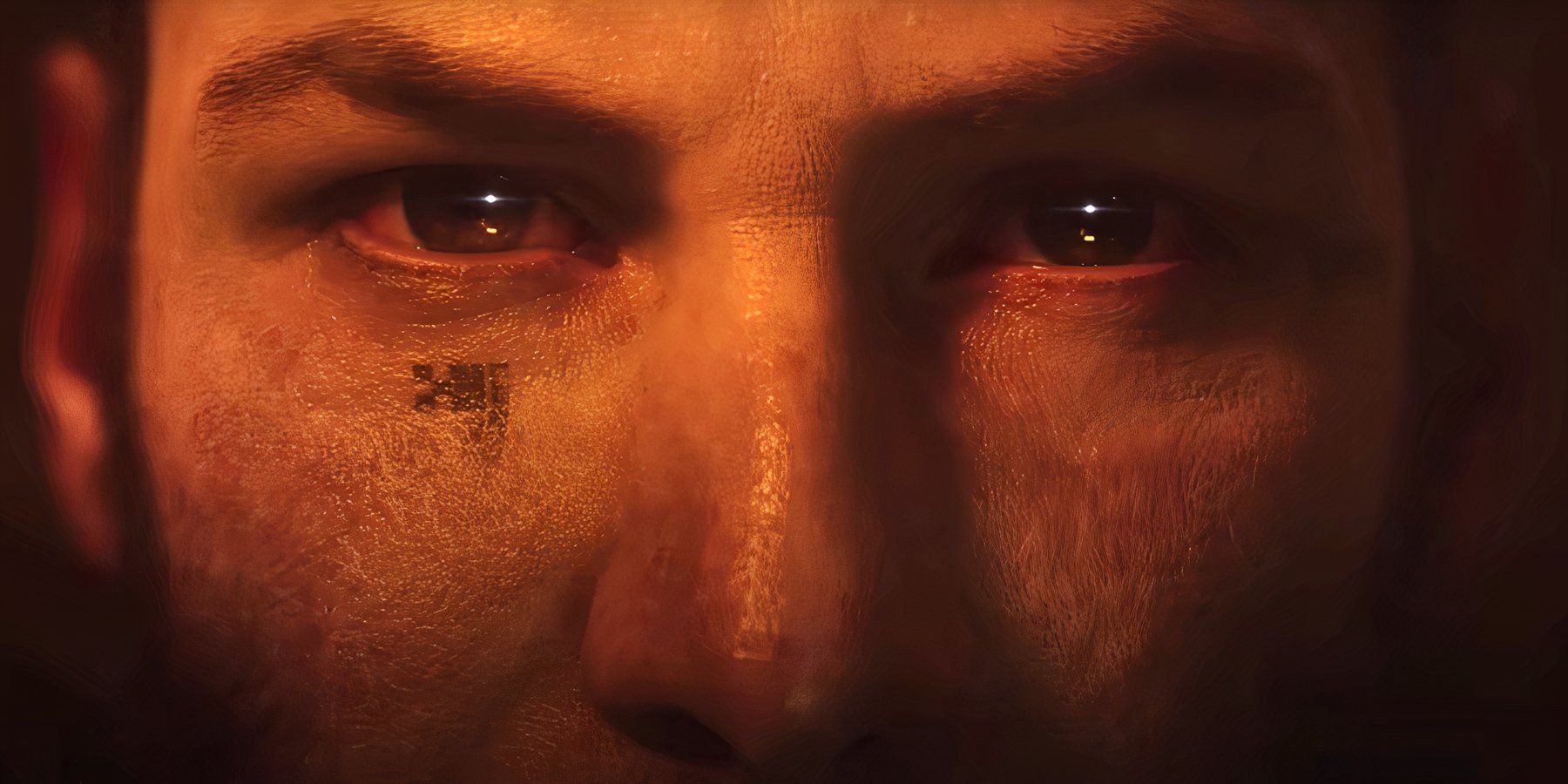
Related
Fallout Wasn't A Fluke For Prime's Video Game Adaptations & Keanu Reeves' Upcoming TV Show Proves It
Prime Video is nailing the video game adaptation, with the upcoming Secret Level fitting in nicely alongside their successful Fallout adaptation.
In addition to the roster of iconic game IPs, Miller and Wilson have assembled a star-studded cast for Secret Level, including both Arnold and Patrick Schwarzeengger, Keanu Reeves, Kevin and Heaven Hart, Gabriel Luna, Ariana Greenblatt, Claudia Doumit and Temuera Morrison, among many others. Bringing an innovative approach to the video game adaptation genre, the show is not only aiming to keep the genre alive, but also Prime Video's success streak with it alive after Fallout's runaway success.
In honor of the show's New York Comic Con 2024 panel, Screen Rant interviewed Tim Miller and Dave Wilson to discuss Secret Level, how they ideated the bold anthology of both video game and tabletop adaptations, their hopes for expanding the show into multi-episode arcs and future seasons, as well as the wild swings their creative team took with certain properties, namely that of Pac-Man.
Blur's History In Video Games Was A Big Benefit For Secret Level's Development
"...it really was...an epiphany moment..."

Screen Rant: Let me tell you, Secret Level blew my mind. It was incredible, I loved it. For both of you, what lessons from Love, Death & Robots influenced the direction of the show, especially in the realm of video game animation?
Tim Miller: I feel like Love, Death and Robots actually came out of our work in the video game industry, because Blur is known for, [over the course of] 30 years, we've been making cutscenes and trailers and things like that, and that kind of gave us this love of the short form and animation, which translated to Love, Death & Robots. And in fact, when we pitched Love, Death, & Robots, I just put, basically, Blur's reel on an iPad and said, "Yeah, we just want to do a lot of s--t like this," and that sold the show. [Chuckles] So, this feels like full circle to us.
Dave Wilson: Exactly like that. It was just a reel and a short.
Tim Miller: It helps to have David Fincher in the room.
Now, how did your existing relationship with the video game animation space help shape the development and direction for Secret Level?
Dave Wilson: Like Tim said, a lot of the games in the series are folks who we've worked with for 20, 30 years. Some of them are almost trusting to an intimidating place, like Exodus, the new game coming out. They have an episode in our series, and James Ohlen, who runs Archetype, we did all the [Star Wars: Knights of the Old Republic] trailers with James when they were making those games, and he just gets out of the way. He's like, "Whatever you guys want to do, I trust you." You feel like that's freeing, but it's really just intimidating in the fact that it's only ours to mess up at that point.
Tim Miller: Aside from creating a gigantic f----ng space opera with some of the greatest authors, Peter Hamilton, Adrian Tchaikovsky.
Dave Wilson: And the art director at Archetype is an ex-Blurian, Jeremy Cook, who we've known for years, too. But I think that the two things are the trust of that community, but also the sort of outcry for every trailer we've ever released, in which there were comments, "I wish there was a whole series. I wish there was a feature like this." And the series is us sort of heeding the call. And we've wanted to see it for all of those years too. So, it's sort of a head-slap moment of, "Why didn't we do this sooner?" Which is really Tim's fault more than anyone else.
Speaking of that, Tim, when you first mentioned the idea of Love, Death & Video Games, what were some of the immediate responses and feedback that you received from the team at Blur?
Dave Wilson: It was like, "Wait, what?"
Tim Miller: Yeah, it really was. Honestly, the EP just looked at me and went, "Oh my God, I can sell the f--k out of that." And it really was, like Dave said, an epiphany of a moment because it just seemed so obvious to build on that. We were telling short stories with video game characters cut scenes before we did Love, Death & Robots, so it really was. I felt stupid more than anything, and then everybody else said, "Tim, why did it take you so long? You must be stupid." That was the first reaction.
Dave Wilson: That was the understood statement.
The Show's Process Of Game IP Selection Was "Complicated"
"...there's so many more that are on my list of games that we would like to do."
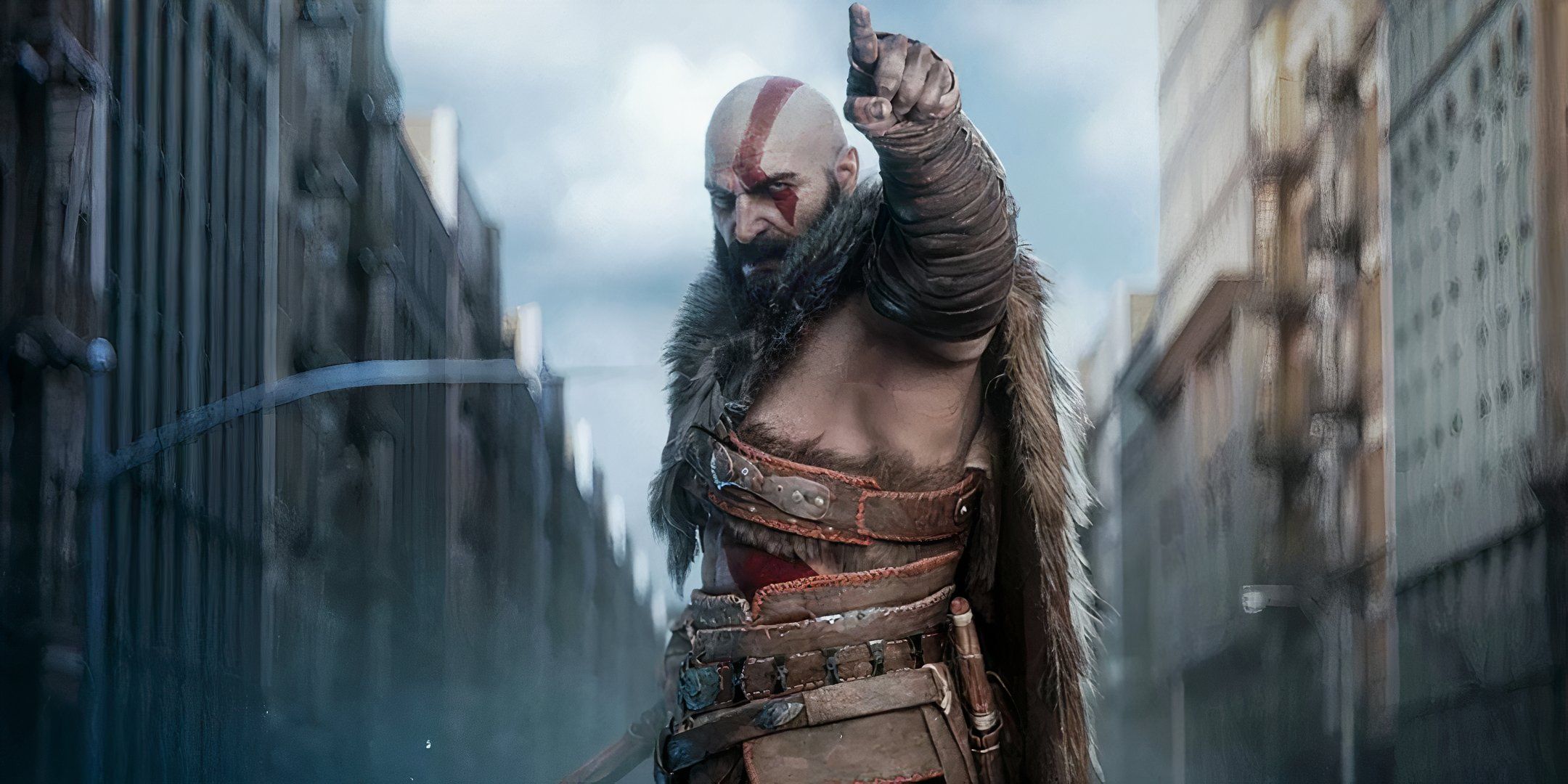
Dave, can you elaborate on the diverse game selection that caterers to both hardcore gamers and general audiences?
Dave Wilson: Yes. The game selection was a complicated process that would take too long to answer in one sitting.
Tim Miller: Something for everyone.
Dave Wilson: Yes. But the show was broken into tiers, like, 15, 10, 5 minutes. We wanted to get not any sort of AAA franchises and longstanding franchises, but also indies and nostalgia titles. And, as best we could, try to curate for science fiction, fantasy, and humor it as much as we can. That's the beauty of the anthology format is that you can make something for everyone. And underneath all of that is just to find a story that resonates not just specifically on that one game level, but on a very human level. That was our way of hopefully inviting not just gamers, but non-gamers to our series, too.
From what I read, I know that your guys' wishlist was pretty large, so how do you sum that down to 15 and select those IPs for Secret Level, and what key factors influence those choices?
Tim Miller: I wouldn't make the mistake of saying that the 15 that are in there now are our 15 top picks. Because it is a complicated, "Who can do it, what new games are coming out?" So, there's so many more that are on my list of games that we would like to do. So, hopefully, we all are hoping for more at Secret Level. But it's really a choice of, "Who do we talk to first?" A lot of the games that are in the show are clients that have worked with Blur, or some of these other companies that are part of a little consortium of animation friends and family, because they trust us and they've worked with us before.
This really is a weird kind of thing to have all these different games from different publishers and people that are normally competitors all sort of working together. But I think it's great, and I think the more we got into the show, the more we could see how it'll be a tide that lifts all boats in a way that you couldn't do if you just said, "Well, it's only going to be Xbox," or, "It's only going to be PlayStation," or whatever. This is truly a celebration of gaming.
One of the ones I want to talk about was Dungeons & Dragons from the first season, which is a tabletop RPG. Are there any other tabletop RPGs or board games that kind of fit into this you'd like to adapt for a future season?
Dave Wilson: Yes. It wasn't just video games. Without mentioning specific ones, gaming isn't just video games, obviously. Warhammer is in there too, and they just came out with Space Marine, but that's a tabletop game, too. That's where their roots are, and their strength is card games, board games, whatever. I'd love to see it open up. We want to celebrate all games, not just video games.
Tim Miller: In a weird way, too, our Honor of King's episode is built around playing the board game. [Chuckles] They're playing a board game, so that's awesome.
Blur Was Given A "Big F----ng Deck" Of Information & Guidance From Each Game Studio
The Duo Also Explain The Importance Of Having A Diverse Team Of Writers
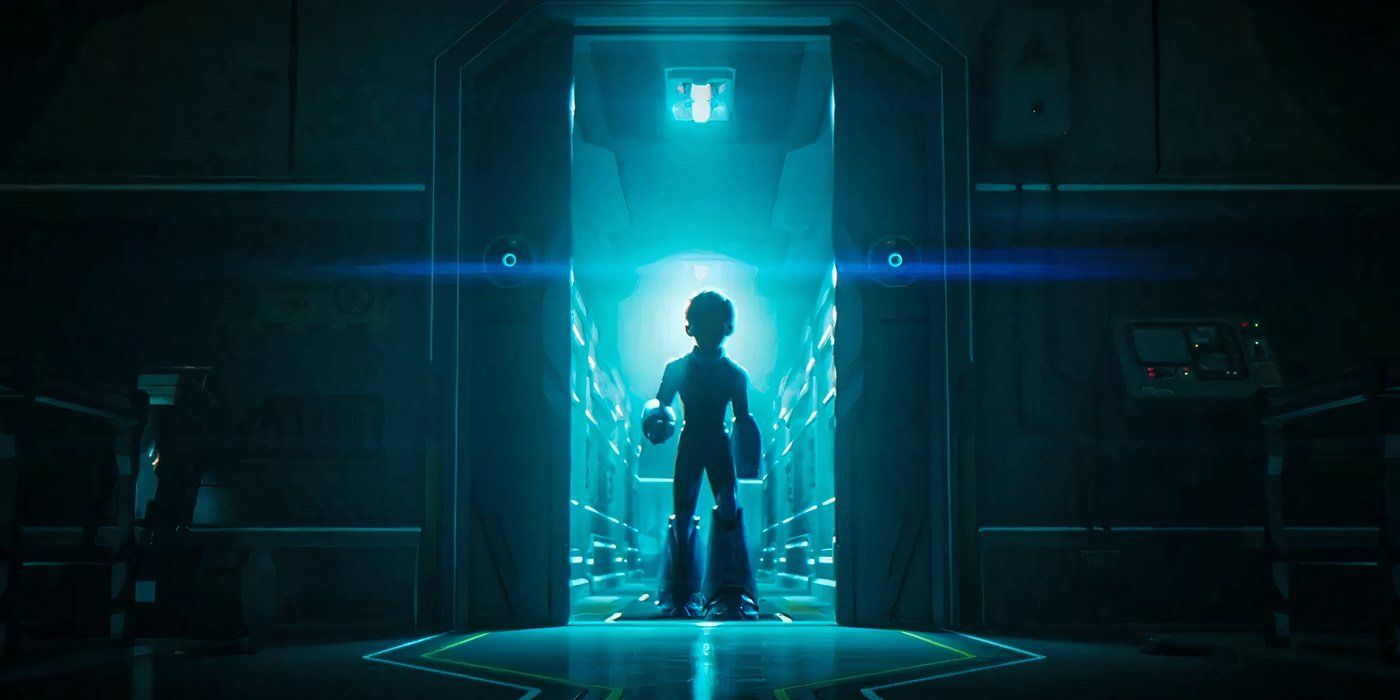
Now, can you guys explain the pitch pool system and how it works and how certain things get selected?
Tim Miller: I guess we tried to recreate as much as possible the exploration and finding story process that we had in Love, Death & Robots, which is mostly just me reading short story books and finding ones that I liked. But we had a really great list of authors that we liked working with, and that trusted us, because we treated stories of theirs that we developed before well. So, we would go to them, we'd build a big deck, Dave would talk to the developer, and he'd come back with a list of dos and don'ts, and a big f----ng deck of everything about the game.
We have some guidance, usually, from the IP holder or the publisher about what might be a good place to explore. And then, we take them to authors that we thought had an affinity for the material, whether it was sci-fi or fantasy, whatever, and we get pitches from that. It could be a page, it could be two pages, and it gave us a wide variety. They'd give us some really crazy ideas, and then they'd give us some really beautiful ideas, but all of them were things that we never would've thought of if we left it to just David and I sitting in a room.
Dave Wilson: Yeah, like I said, the beauty of all anthologies is variety, and it would be a shame if it was just Tim and I coming up with ideas.
Tim Miller: God knows every episode would be people killing each other, but it's great to be able to get a lot of diversity, and just the pool of authors is pretty low. How many authors were there, 50?
Dave Wilson: You shamed me at some point, because there were so many.
Tim Miller: Yeah, you looked indecisive. [Laughs] But there's a lot of authors, and it's a wide variety of points of view that we just wouldn't get if we didn't do it that way.
The Show's Pac-Man Episode Left Them Feeling "We Were Disemboweling People's Childhoods"
"...even their director's pitch was amazing for it."
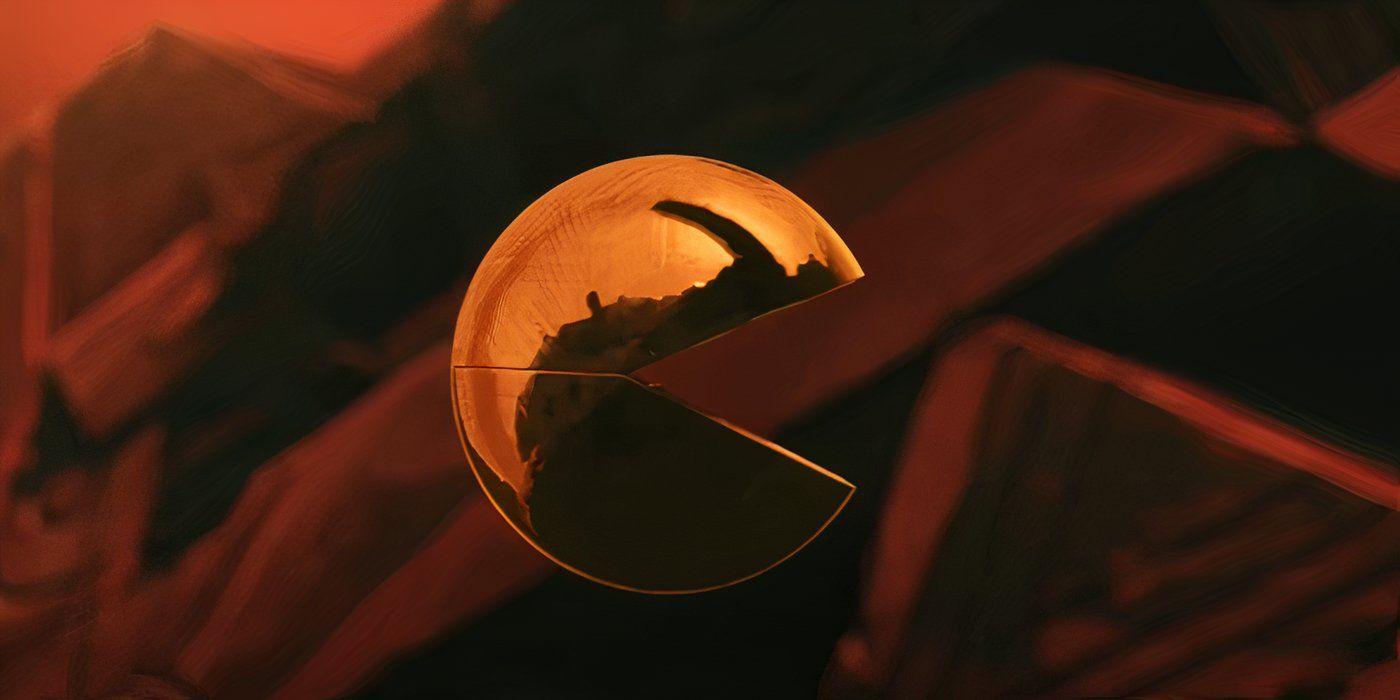
I was blown away by the Pac-Man episode. I absolutely love it. For more abstract episodes like Pac-Man, you took them straight to the screenplay process. What determines whether a story follows a traditional route or goes directly to a screenplay?
Dave Wilson: I mean, the traditional route is pitch to the pros to a screenplay. We did about four or five rounds of pitching on Pac-Man, but there wasn't really anything that we felt was just the right thing, and we took a lot of the ingredients from the pitching. Tim and JT Petty, our head writer, workshopped the screenplay a little bit. But honestly, there's a moment when you're reading a story, and it's just like this sort of light bulb goes off and this is it.
You've seen Pac-Man, it is weird — and I think in the best way possible — but I would even say, I think if anyone read that story on the page, and you look at what Victor and Alfredo, the directors at Headless, did, I don't even think it's still that script. It is, but they really gave it a life of its own. And I remember when that story reel came in from them, I don't think it's changed a frame since it came in. It was just like, "Holy s--t, this is amazing." It's so f----ng weird.
It felt like we were disemboweling people's childhoods with that episode. It just needed a really, really strong voice, and they knocked it out the park. So, it was a process of I don't think it followed a typical route, but we knew that episode needed a strong filmmaker, and even their director's pitch was amazing for it. They referenced Mandy. Like, Mandy and Pac-Man don't seem to mesh well together as a creative touchstone, but it went awesome. It worked.
Narrowing Down The Warhammer Episode's Story Was A Unique Challenge For The Duo
"We talked about it as a violent totem pole..."
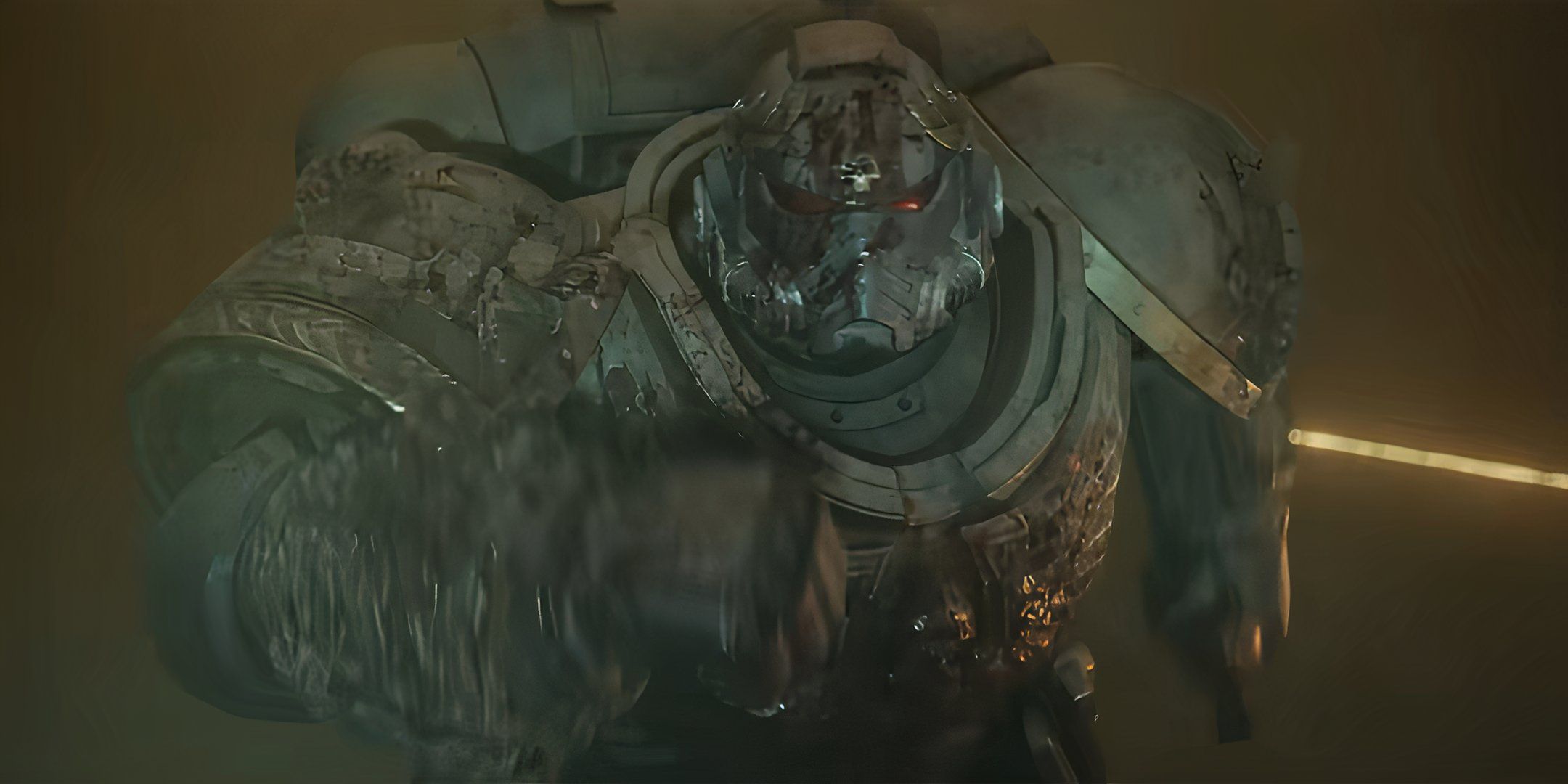
Now the first episode of the series is Warhammer. It's incredible for fans out there, I think they're going to eat it up. You've mentioned that Warhammer's episode has a unique tone. Can you share more about what sets that apart from the other episodes in the series?
Dave Wilson: I'll take it, just as I directed it. I think it's very difficult with an IP like Warhammer that has been around 40 years to even pick what race and what chapter, et cetera, et cetera. So, what we were hoping to do was, "Let's embody the tone and the spirit of what it means to be in the grim darkness of the far future." But, how it varies from the others, I think that would be that we didn't try and tell a very specific story about one event in a time and a place.
It was more like an emotional [point]. We talked about it as a violent totem pole for what Warhammer is. And, to their credit, Games Workshop was very, very on board with that idea, because they understand how we would do service to all our fans, for all those chapters. In how it varies, I think in other cases, like Exodus and franchises that were finding their feet, we want to be a little more specific and play a little bit more in the lane that they were establishing for themselves.
The Duo See Secret Level Evolving With Future Seasons (& Without Long Waits)
"...we're going to take bigger risks than on a $150 million video game adaptation."
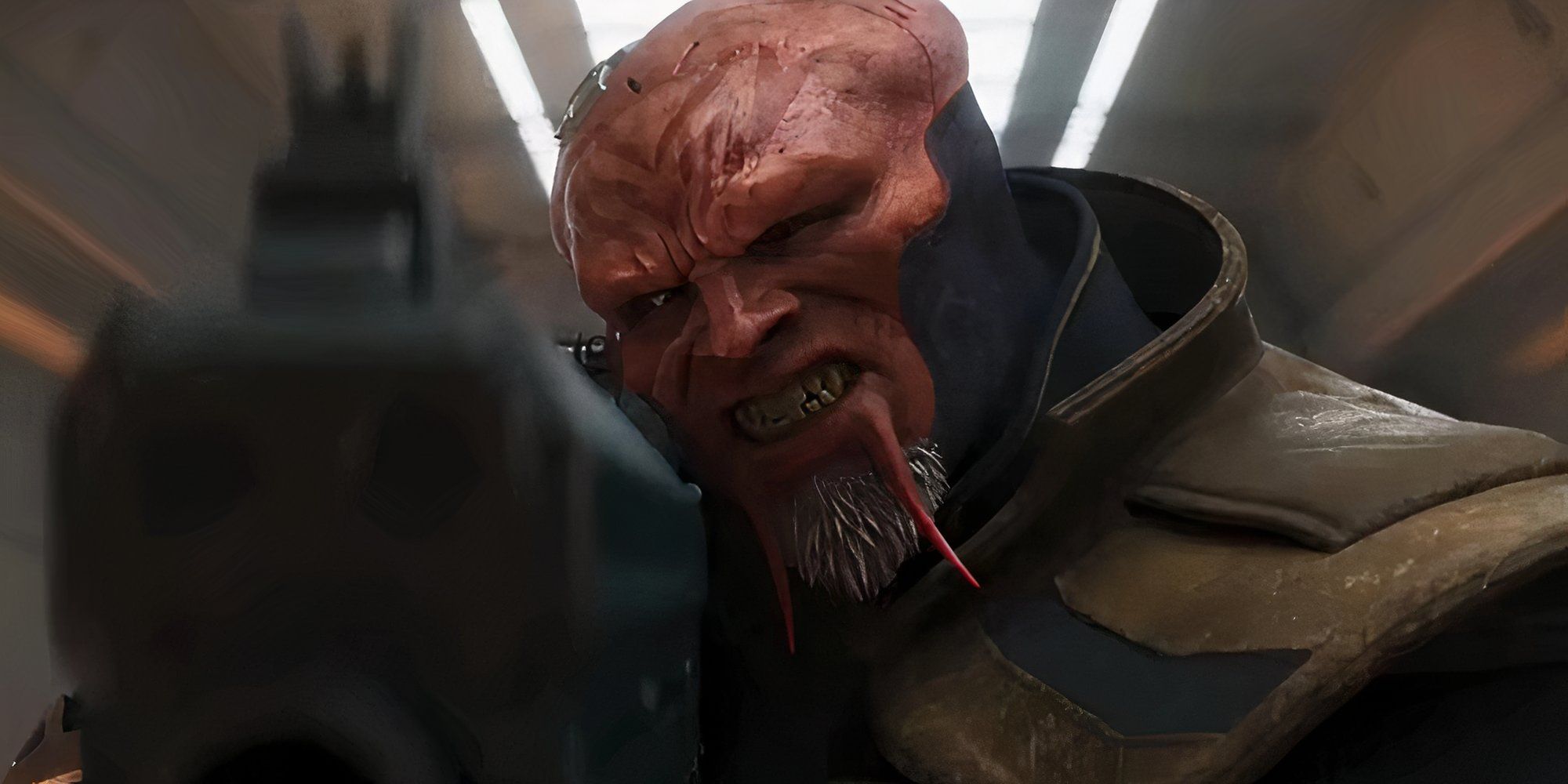
Now. Tim, considering the dynamic world of gaming, how do you see Secret Level evolving in the future?
Tim Miller: I think there's a lot more of this that we could do, just even in the format that we've created, but I don't see any reason why we can't do all kinds of different structures, like miniseries. There's a world in which you could do three 20-minute episodes that tell almost a movie's worth of material, or you could focus on a certain tone, like, "This is just for adults," or, "This is for a certain type of audience of that game."
And it doesn't have to be this two years between seasons sort of thing. We hope to do a lot more under the Secret Level banner, and because there's a lot of other different ways we can explore the world of gaming, and the more we work on the show, the more possibilities we see. I think people will come in, suggest things to us, too, in a way, like, "Hey, could you do this?"
Dave Wilson: And it's also one of the things that — and we challenged ourselves from the outset — was like, we're going to get to take bigger risks than on a $150 million video game adaptation. There are things to serve when you're spending that much money, and I think we really got to take some chances, like Armored Core and Pac-Man. I think it'd be difficult to make a $100 million Pac-Man movie the way we made it, but we're hoping that these are test beds for bolder statements of what video game annotations can be.
About Secret Level
Secret Level is a new adult-animated anthology series featuring original stories set within the worlds of some of the world’s most beloved video games. From the creative minds behind LOVE, DEATH + ROBOTS, each of the 15 episodes is a celebration of games and gamers.
Secret Level premieres on Prime Video on December 10!
Source: Screen Rant Plus
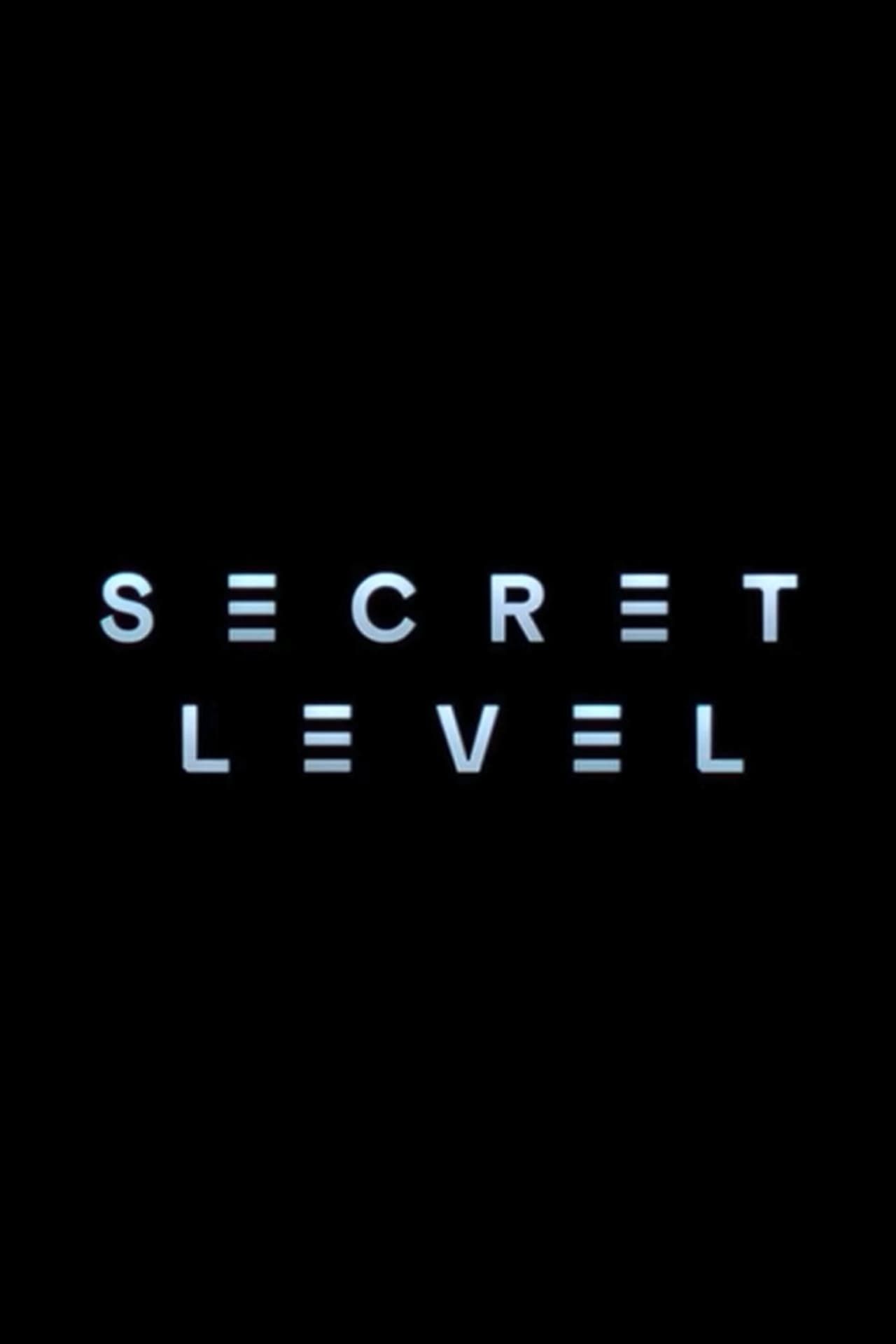
Secret Level is a computer-animated anthology series that tells bold, unique, and emotive stories set in popular video game franchise worlds.
Release Date December 10, 2024
Seasons 1


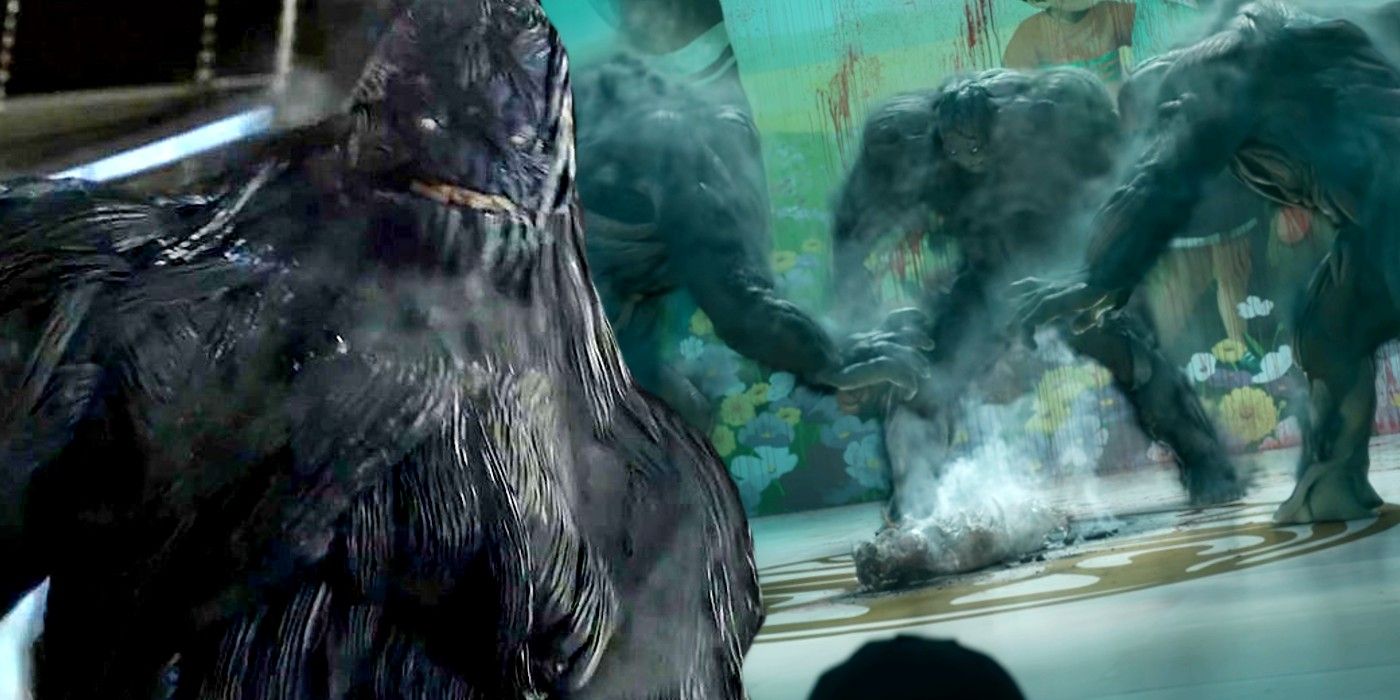

:quality(85):upscale()/2024/10/29/625/n/1922564/ec222ac66720ea653c5af3.84880814_.jpg)
:quality(85):upscale()/2024/10/29/957/n/1922441/c62aba6367215ab0493352.74567072_.jpg)
:quality(85):upscale()/2021/07/06/971/n/1922153/7d765d9b60e4d6de38e888.19462749_.png)

:quality(85):upscale()/2024/10/29/987/n/49351082/3e0e51c1672164bfe300c1.01385001_.jpg)
 English (US) ·
English (US) ·